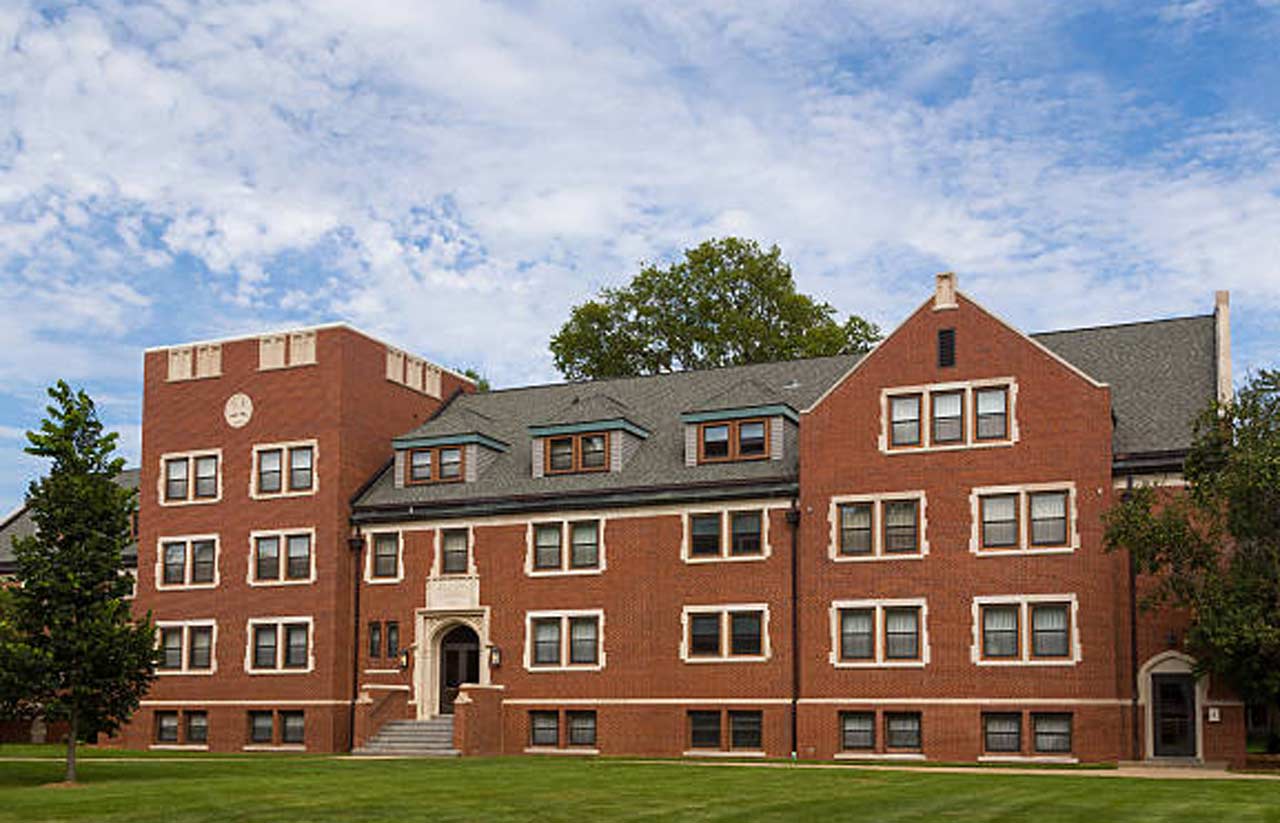 Finding the ideal House near the University of South Carolina off-campus housing has a big influence on your student experience. Let’s go step-by-step through the procedure to make sure you make a knowledgeable and assured decision.
Finding the ideal House near the University of South Carolina off-campus housing has a big influence on your student experience. Let’s go step-by-step through the procedure to make sure you make a knowledgeable and assured decision.
Recognizing Your Needs for Housing
Considering Your Lifestyle
Consider your priorities and your daily schedule. Which type of learning setting works best for you—a calm, peaceful one or one that is busy and social? Understanding your lifestyle helps narrow down suitable options.
Identifying Essential Amenities
List the amenities that are a must-have. Do you require parking for your car, a gym for regular exercise, or fast internet for your studies? Searching for these qualities first will make it easier.
Types of Housing Available Near UCLA
On-Campus Housing
Pros and Cons: While living on campus provides camaraderie and convenience, it may also come with greater prices and less privacy.
Types of On-Campus Residences: University flats, suites, and dorms are offered by UCLA. Everybody has their distinct qualities and sense of community.
Off-Campus Housing
Houses: Ideal for friendship groups that wish to split expenses and live together.
Shared Housing: Living in a larger housing close to UCLA or a flat and renting a room may be both economical and fulfilling socially.
See Also: Top Tips for Choosing Mechanical Contractors in Fort Worth
Things to Take Into Mind When Selecting a Home
Proximity to Campus
Living close to school might make it simpler to engage in university events and activities by saving time and money on transportation.
Safety and Security
Ensure the housing has adequate security features like secure entry systems and well-lit surroundings.
Transportation Options
Verify whether parking, bike lanes, and public transportation are available. Having easy access to transit may greatly improve your everyday schedule.
How to Search for Housing
UCLA Housing Office
The UCLA Housing Office can provide resources, listings, and advice tailored to student needs. They often have information on trusted landlords and housing options.
Local Real Estate Agents
The local real estate market is well-versed in by real estate agents. They can assist you in negotiating leases and locating hidden jewels.
Touring Potential Housing Options
Scheduling Visits
Always visit potential housing in person if possible. Virtual tours are a good alternative but can miss critical details.
What to Look for During a Tour
Inspect the condition of the property, including plumbing, electrical systems, and overall cleanliness. Note the noise levels and overall ambiance.
Questions to Ask Landlords and Property Managers
Inquire about lease terms, rent increases, maintenance policies, and the process for reporting issues. Understanding these details can prevent future surprises.
Understanding the Lease Agreement
Key Terms and Conditions
Read the lease carefully. Look for terms related to lease duration, renewal policies, and any clauses that might affect your stay.
Rent and Payment Terms
Recognize the rent due dates, methods, and associated costs. Verify whether utilities are paid for separately or are included in the rent.
Maintenance and Repairs
Clarify who is responsible for maintenance and how to request repairs. Make sure the procedure for resolving problems is well-defined.
Termination Policies
Know the conditions under which you can break the lease. This can include early termination fees and notice periods.
Financial Considerations
Rent Costs
Compare rents in different neighborhoods to find what fits your budget. Remember to factor in additional costs like utilities and parking.
Utility Expenses
Ask about typical utility costs. This includes electricity, water, gas, and internet. Some rentals may include these in the rent, while others do not.
Security Deposits
Understand the security deposit requirements and conditions for its return. Ensure you document the property’s condition when moving in to avoid disputes later.
Financial Aid and Housing Scholarships
Check if your financial aid package includes housing allowances. Some scholarships specifically cover housing costs, easing your financial burden.
Roommate Considerations
Benefits of Having Roommates
Roommates can share costs and provide companionship. They can also help with household chores, making life easier.
How to Find a Compatible Roommate
Consult a flatmate matching agency or get referrals from friends. A pleasant living environment requires compatibility in habits and way of life.
Setting Ground Rules
Establish rules regarding chores, guests, noise levels, and shared expenses. Clear communication can prevent conflicts.
Preparing for Move-In
Packing Tips
Start packing early and label boxes. Pack essentials separately to access them easily during the first few days.
Moving Day Checklist
Create a checklist to stay organized. Include tasks like confirming moving arrangements, cleaning your old place, and picking up keys to your new home.
Setting Up Utilities and Internet
Arrange for utilities to be connected before moving in. This covers gas, electricity, water, and internet connections.
Living in Your New Home
Getting to Know the Area
Explore your new neighborhood. Visit local shops, parks, and recreational spots to feel more at home.
Balancing Study and Personal Life
Create a schedule that balances academic responsibilities and personal time. This ensures you stay productive while enjoying your new environment.
Tips for International Students
Navigating Housing as an International Student
International students may face additional challenges. Seek advice from UCLA’s international student office and connect with fellow international students.
Cultural Considerations
Be mindful of cultural differences in living arrangements. Understanding these can help you adapt more smoothly.
Resources and Support Services
Utilize resources like language support, counseling services, and international student organizations.
Common Mistakes to Avoid
Overlooking the Fine Print
Always read the lease thoroughly. Missing details can lead to unpleasant surprises later.
Ignoring the Commute
Consider the daily commute to campus. Long commutes can be tiring and affect your overall experience.
Skipping the Inspection
Never skip the property inspection. It’s crucial for identifying potential issues and negotiating repairs before signing the lease.
Conclusion
Choosing a great apartment near UCLA needs thoughtful thought and preparation. Finding a location that improves your college experience is possible if you know what you need, look into your possibilities, and properly inspect possible residences. Remember, the perfect housing meets your budget, lifestyle, and academic needs.








